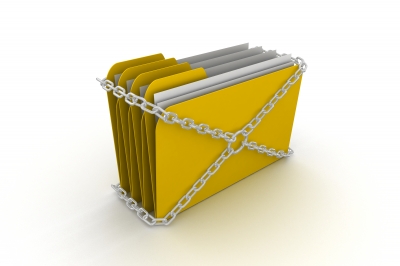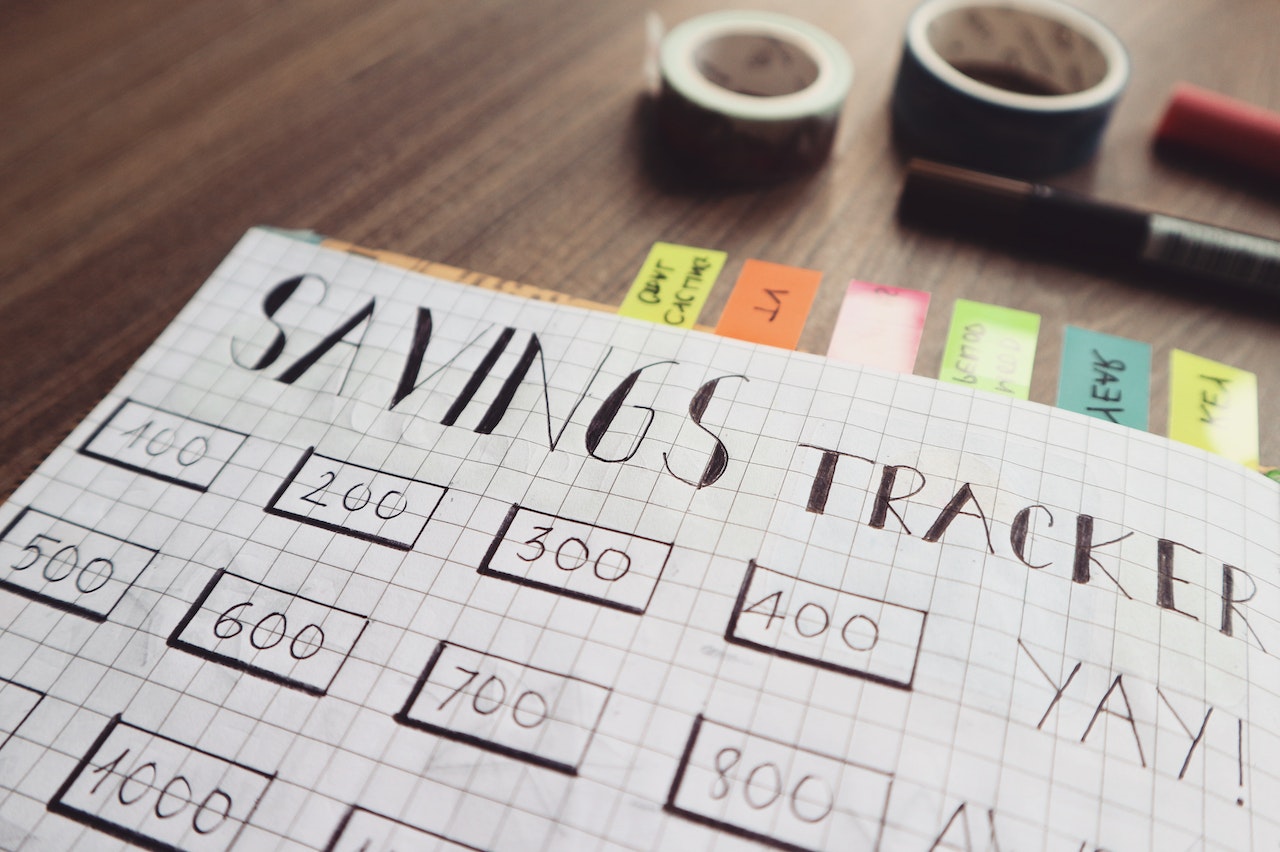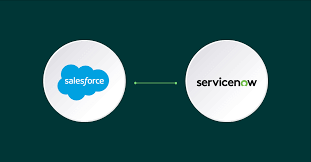The internet surely makes managing our financial life much easier, but if our information gets into the wrong hands, it can cause us all sorts of problems, from the inconvenience of having to cancel cards while traveling, to the nightmare of having your identity stolen, and trying to clear your name. Luckily, the chances of any one person falling victim is slim, but as criminals get more savvy, the number of people getting exposed is growing, so it would behoove you to take certain measures to minimize the risks. Here are just a few simple measures that can go a long way in keeping your financial information secure.
Make Purchases on Trusted Sites
This is a biggie because the safety of online purchases largely hinges on the security measures taken by the site itself. Many smaller retail stores simply do not have adequately secure payment systems in place, making your data highly vulnerable to hackers who can easily pilfer it. Stick with the big, trusted sites. When it comes to smaller sites, only use ones with well-known payment processors like Paypal or Google Checkout. Always make sure you are seeing that padlock icon on the browser.
Beware of Phishing
Phishing is another thing of which to be aware, and involves directing you to sites that look just like trusted ones to steal your information. There are a couple of things to watch out for. If you receive any emails from your bank and the like, always pay attention to the address—it is usually something strange that is clearly not an official email of the business. This is important to remember because the email itself often looks legitimate. When you log into a site like this, it may ask you strange questions that you are typically not asked when logging in to the legit site, such as your social or address. Pay close attention to the web address as well.
Keep Your Computer Protected
If you are not running standard software to protect your computer against viruses and other forms of malware, you are giving hackers an open invitation to steal your information. There are a variety of products available, and while they all perform the same basic functions, some may be better than others depending on your particular internet habits,etc and type of computer. For example, you can find antivirus products for Mac specifically.
Set Account Alerts
If you do experience some sort of data breach, you want to nip it in the bud as soon as possible. One of the best ways to do this is setting account alerts. For example, you can opt to have your credit card company notify you when a large purchase is made, or have your bank let you know when you are nearing overdraft or about transactions over a certain amount of money.
Just Delete the Spam
This last tip is easier said than done because some messages can seem quite enticing, and we just can’t help click on them for one reason or another. Besides the phishing emails, there may also be viruses embedded that make their way into your system, and allow hackers to more easily access your financial information.





